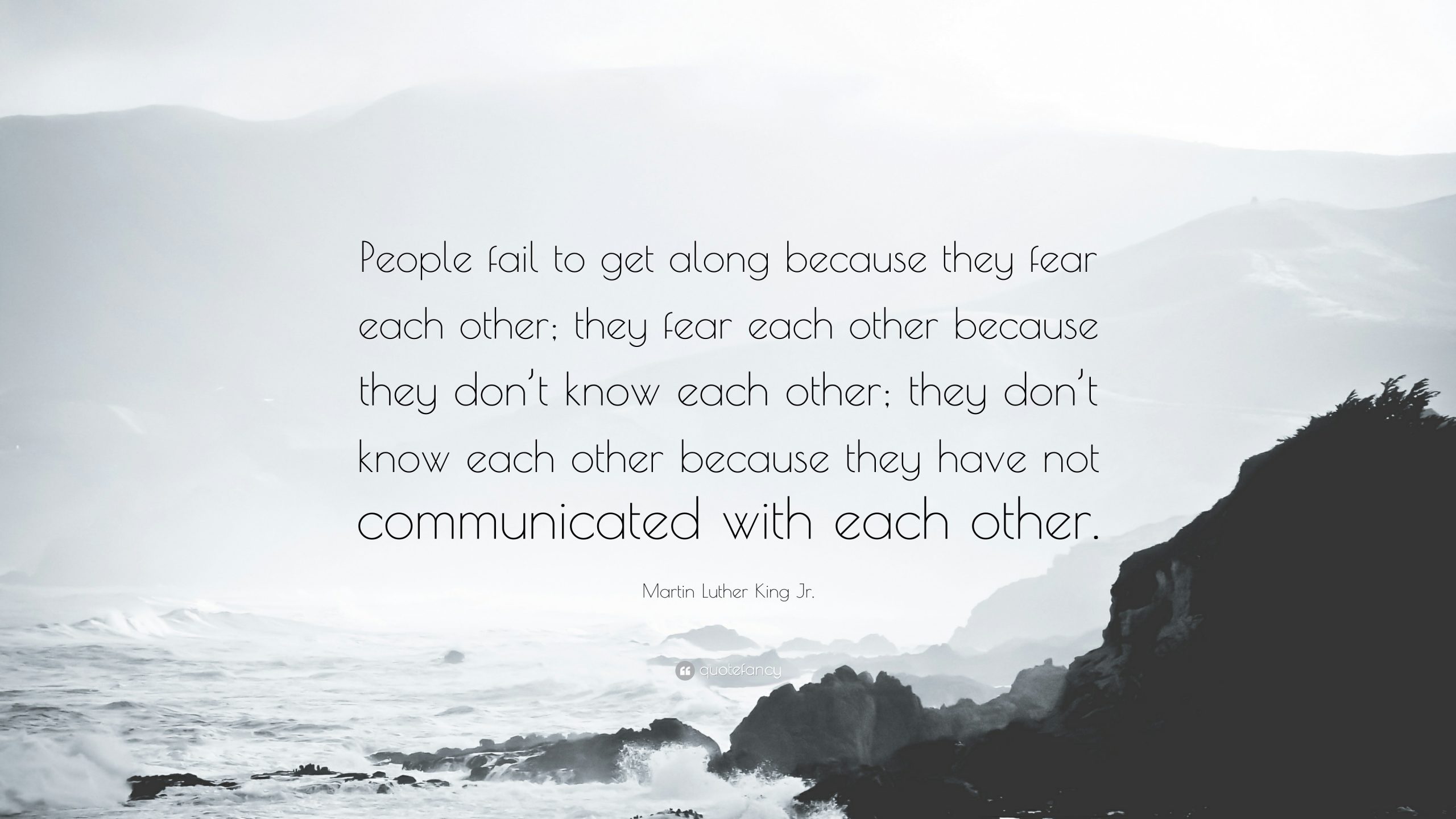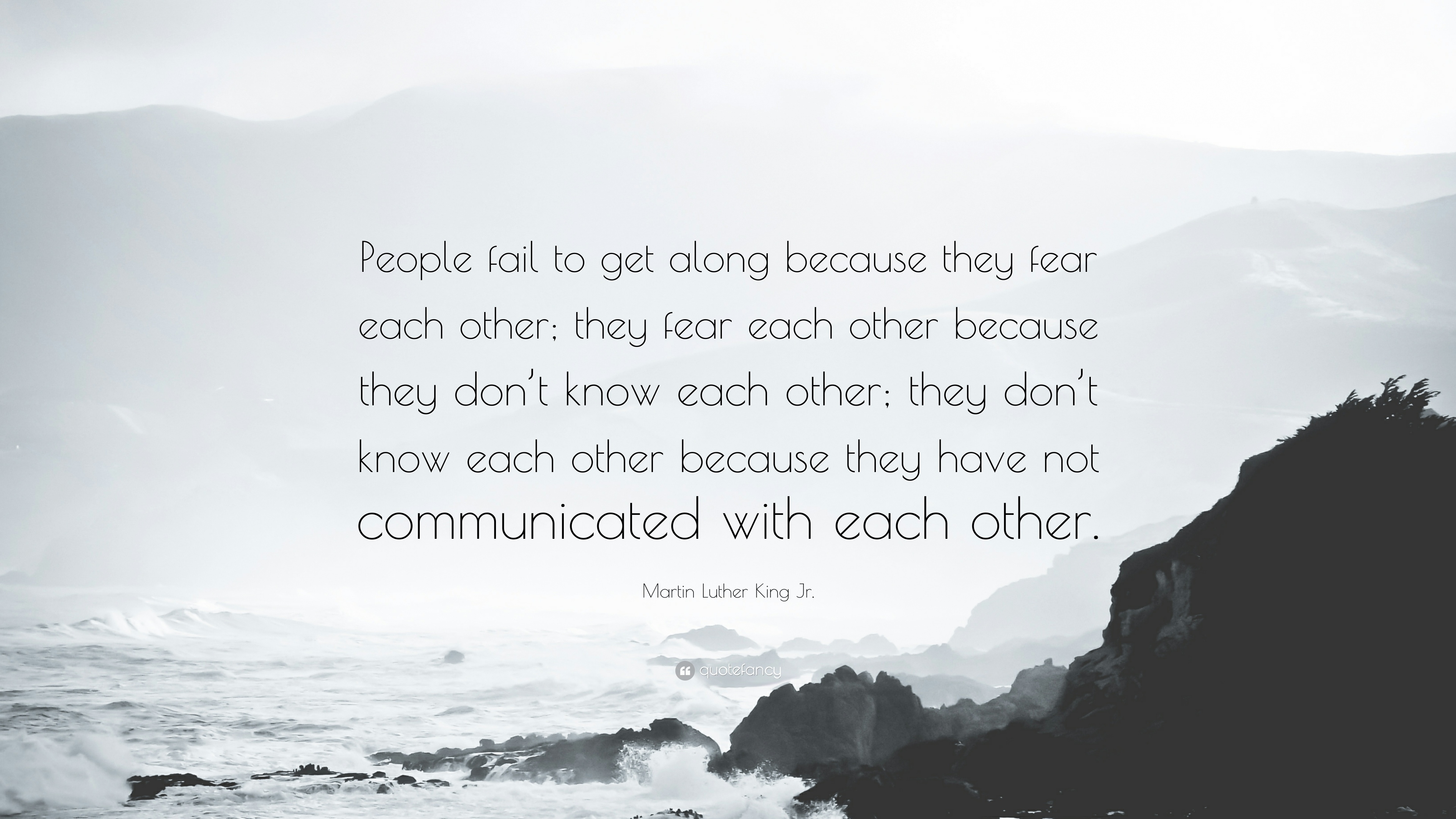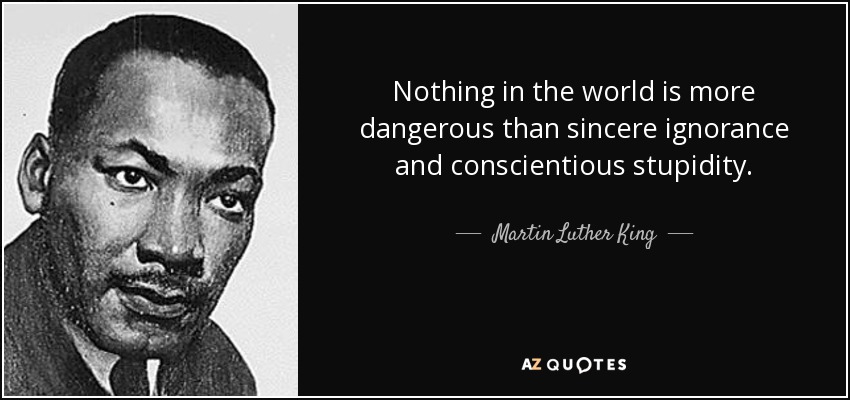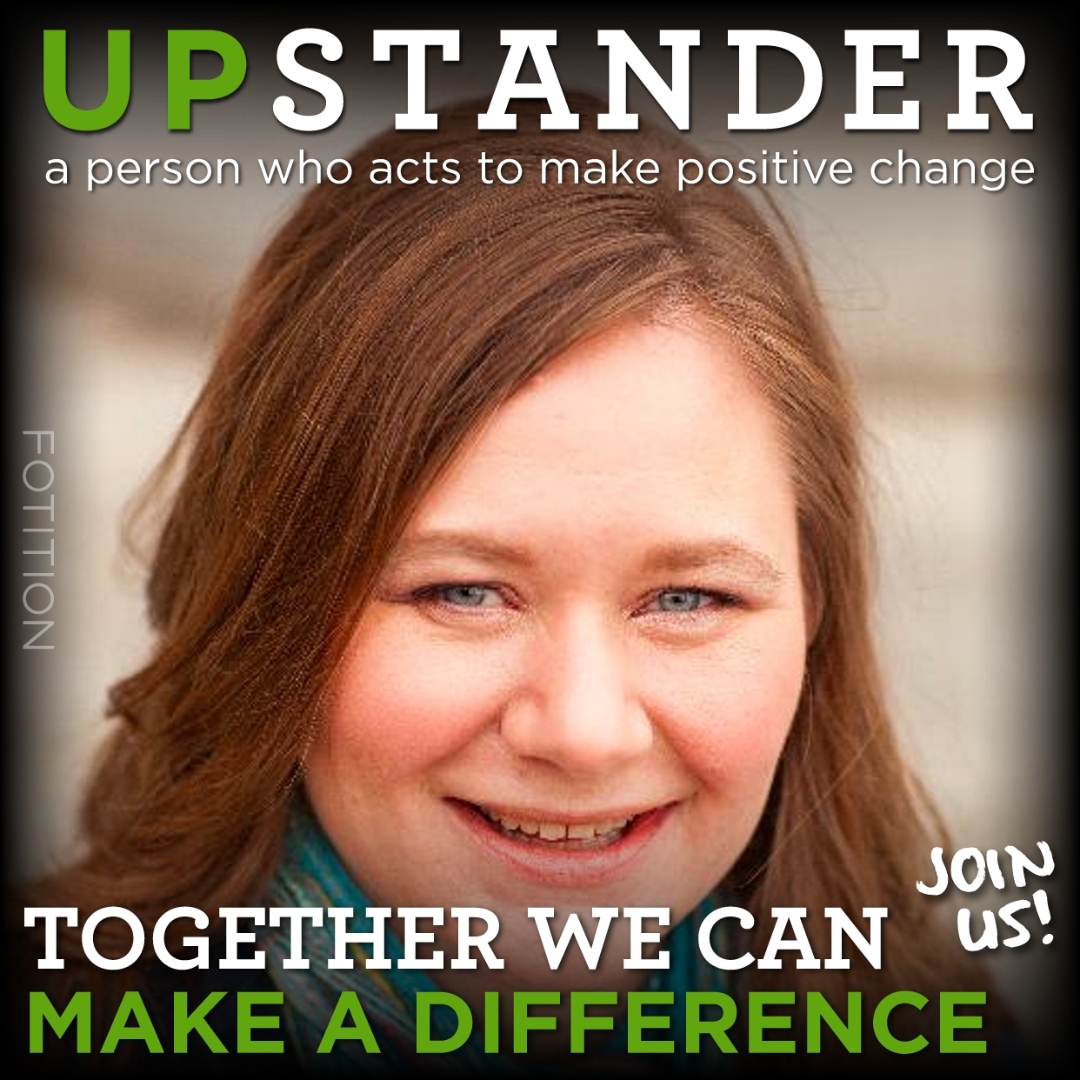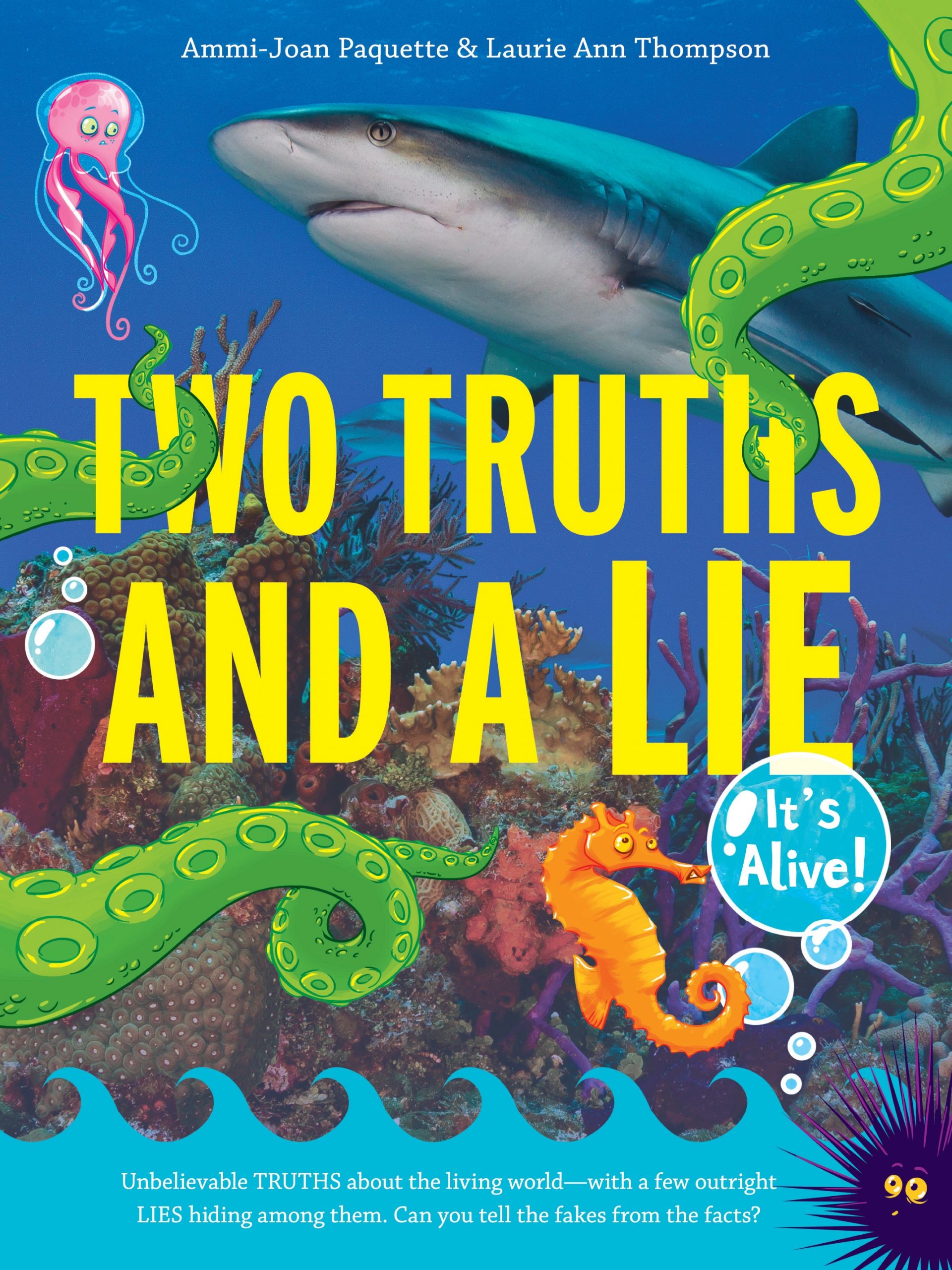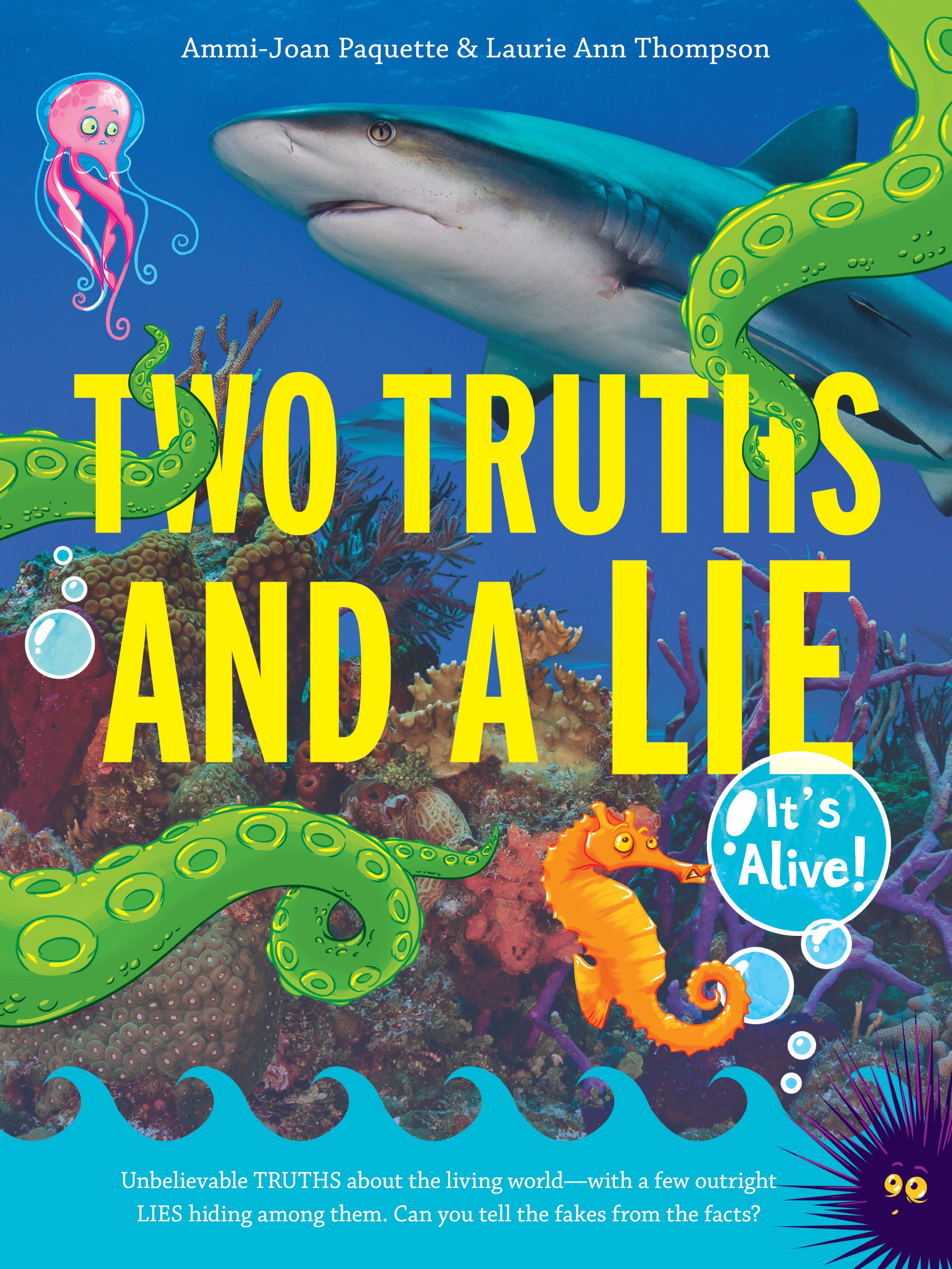A couple of weeks ago I reviewed SURVIVING MIDDLE SCHOOL by Luke Reynolds. As you may recall, I LOVED it! Today, Luke was nice enough to let me interview him so I could get a few of my questions answered (and let you get to know him a bit better, as well!). If you haven’t read my review yet, please go take a quick peek now so you’ll know a bit about what we’re talking about in the interview below.

LAT: Welcome, Luke! Thanks for agreeing to answer my questions!
LR: LAURIE!!!
LR: You are so kind and thoughtful and what a wonderful surprise! I really appreciate it! Indeed, I would be honored and thrilled to have an interview on your blog. THANK YOU!!!!! And thank you so much for sharing the book: you rock!!!
(Ed. note: See what kind of guy he is? I ask him to do work so I have content to put on my blog, during the month of September when he’s busy settling in with a new class of students as well as running the parenting gauntlet himself, and he thanks me for it, in the sweetest way possible. Plus, he loves exclamation points as much as I do!!! OK, back to the interview…)
LAT: You say you didn’t know this stuff in middle school, so… just how old were you when you finally figured it all out? (As I said in my review, I didn’t get it until I was in my 30s. This book could’ve saved me an awful lot of time and trouble!)
LR: I think it was yesterday that I figured it all out! 🙂 Truthfully, I haven’t figured out all that much, but what I wanted to do in the book is to remind myself and my students about what really matters in life. One of the things I say to my 7th grade students almost every day is that I AM STILL GROWING AND LEARNING, and I always promise them that anything I challenge them to do, I try to do too. So, much of the book is from what my own 7th grade students have shown and taught me in their own vulnerability and joy and pain and hope and humor.
LAT: I love that! I AM STILL GROWING AND LEARNING should be tattooed onto all of our foreheads, I think. Maybe we’d finally achieve world peace, or at least get a little closer than where we are now.
LAT: Through my school visits, I am lucky enough to meet with kids from preschool to high school. I love them all, but middle schoolers are my favorite kids to work with. Yes, there is so much vulnerability and joy and pain and hope and humor all jumbled together in them, and they’re trying so hard to make sense of it all. I’ve heard teachers say middle schoolers are the hardest to teach, but I suspect they may be the most rewarding, too.
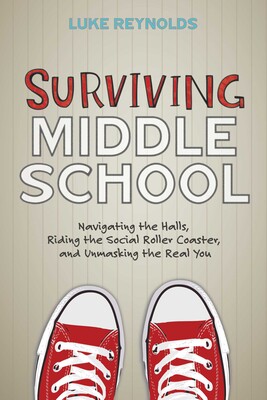
LAT: After reading SURVIVING MIDDLE SCHOOL, I want to make your book required reading for every kid everywhere who is about to start middle school (so they don’t make all the dumb mistakes I did). Then I felt bad, because I have conflicting feelings about required reading at any age. I imagine that you probably have similarly mixed feelings. As an author, it probably sounds pretty good to you! But… as a language arts teacher, how do you feel about required reading of that type?
LR: You are so kind! I am a big believer in letting kids choose which books they want to read. Even for SURVIVING MIDDLE SCHOOL, I would try to do what I do with other books and students–I’d show them the book and let them read the first few pages, and if it doesn’t resonate with them, I’d want them to find something else. Anytime we force students to read only certain kinds of books, I think we turn them off to reading in general. Not to say that we shouldn’t challenge our students to read a variety of books–but we should always encourage kids to find books that are absolutely IRRESISTIBLE to them–books they love so much they’d want to smother them with ketchup and eat them if they could. I tried my best to make SURVIVING a smothered-in-ketchup kind of book, but if a kid doesn’t think so, I would say to not read it and find something else! 🙂
LAT: OK, then I hope every kid who is about to start middle school anywhere wants to smother SURVIVING MIDDLE SCHOOL with ketchup and eat it!
LAT: Speaking of eating… I have a gluten sensitivity, so I can’t eat garlic bread anymore. I sorely miss its buttery goodness, which, frankly, made your book a little hard to swallow at times (I had to give all of mine to the space gnomes!). What can you recommend as a gluten-free alternative to garlic bread that I can avoid giving to the space gnomes?
LR: Great question! Our family is attempting to go mostly gluten-free, and while at first I was terrified of missing out my foodish soul-mate, I found out about some truly sublime gluten-free breads. Rudi’s is a company that makes AMAZING gluten-free garlic bread. So even the space gnomes can’t steal the garlic bread from those of us who need to or want to live gluten-free! (Here’s the link to Rudi’s Products: http://www.rudisbakery.com/)
LAT: Awesome! Thanks for the recommendation!!
LAT: Finally, if you had to condense your whole book into one short paragraph, what would you want middle schoolers to know most of all?
LR: One thing: YOU MATTER. Your presence here on this earth and in your school and in your family MATTERS. You belong, even when you feel like you don’t. You have a beautiful purpose, even when you feel like you don’t. Just because you might feel weird or strange or like somebody is constantly sticking pretzel sticks up your metaphorical nose, IT WILL GET BETTER. I promise.
LAT: Beautiful, Luke. I hope they hear your message.
LAT: Thank you again for stopping by and sharing your thoughts with us today and for doing what you can to make the world a better place, one middle schooler at a time.
LR: Thanks so much Laurie, and huge hugs and much peace your way!
What a great guy, huh? For more great writing from Luke Reynolds, be sure to check out his other books, as well as his blog.


